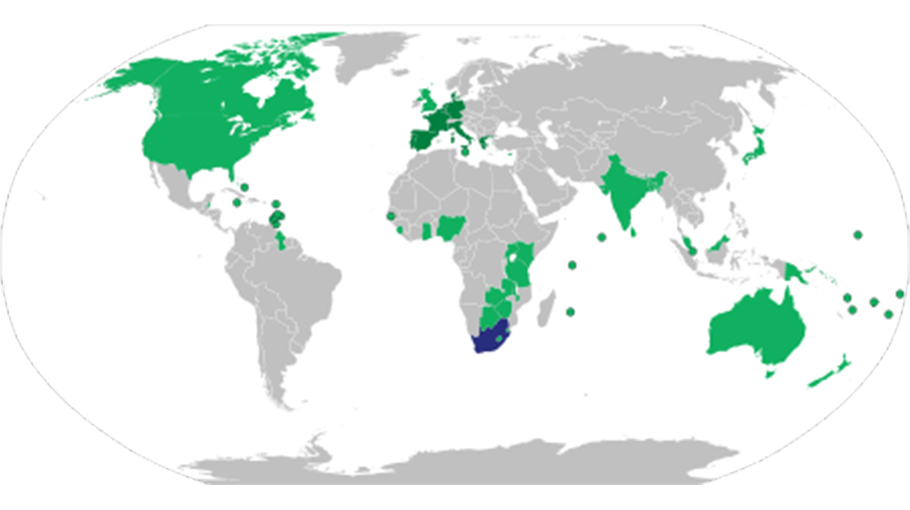How international sanctions brought down apartheid in South Africa

The fall of apartheid in South Africa is one of the most powerful demonstrations of how united global action can challenge and dismantle rooted systems of domination. For decades, the apartheid regime in South Africa subjected millions of Black citizens to systematic discrimination, enforcing laws that exposed them of their rights and suppressed their voices. Although resistance within South Africa was formidable, it was the economic and political isolation imposed by the international community that became a decisive turning point in the struggle to end apartheid. United Nations General Assembly Resolution 1761, passed on November 6, 1962, marked the commencement of coordinated global opposition to apartheid and remains a landmark in the fight for human rights and justice.
Before this UN resolution, global support for South Africa’s oppressed majority created with individual nations. Jamaica took a bold stand by banning South African goods in 1959, making it the first country to officially reject apartheid through economic measures. This action was a model of moral leadership, proving that economic sanctions could serve as a statement of solidarity with the victims of apartheid.
When the United Nations passed Resolution 1761 three years later, it established a framework for international sanctions, creating the United Nations Special Committee against Apartheid and urging nations to restrict economic ties with South Africa. This coordinated movement was intended to weaken the apartheid government by isolating it from global markets, investment, and diplomatic support.
By 1963, the United Nations Security Council went further, passing Resolution 181 to encourage a voluntary arms embargo on South Africa, preventing it from acquiring weapons to enforce apartheid. While some major Western nations, with the United States and the United Kingdom, were initially reluctant to cut ties, they ultimately joined in, as public pressure and the momentum of the anti-apartheid movement grew globally. By the late 1980s, a coalition of over two dozen nations had placed various trade sanctions on South Africa, demonstrating the potential for moral conviction to guide international policy.





